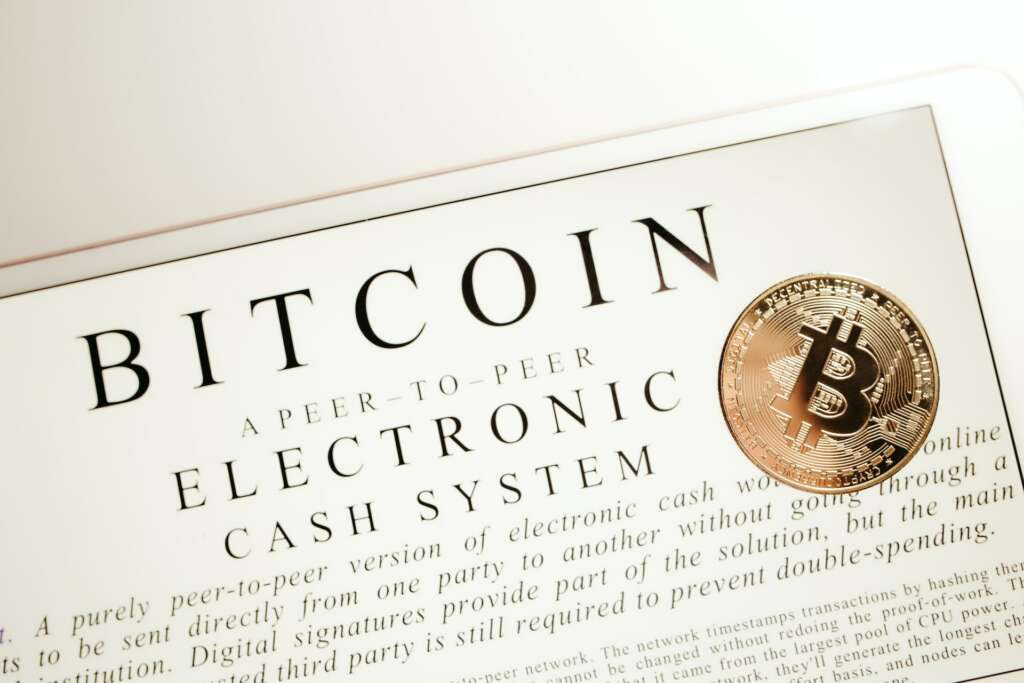
Cryptocurrency And The Future Of Money
Posts by Alan TaylorOctober 12, 2023
Cryptocurrencies like Bitcoin and Ethereum are making headlines these days as their prices surge to new all-time highs.
But what exactly are cryptocurrencies, and what could they mean for the future of money? In this blog post, we’ll explore the basics of cryptocurrency and its potential implications for the global economy.
So whether you’re a crypto novice or an experienced investor, read on to learn more about this exciting new world of finance.
What Is A Cryptocurrency And How Does It Work
A cryptocurrency is a digital form of money that holds its value and works without the aid of any government or central bank.
It uses cryptography, or complex mathematical equations, to help facilitate secure transactions and prevent fraud.
These transactions are recorded in public ledgers known as blockchain databases, where many computers compete to ensure that all transactions are correct and they are processed promptly.
Cryptocurrency works by linking individual users directly to each other instead of going through third-party brokers or agencies, allowing them to make transactions with much lower fees than traditional payment systems.
This new decentralized system helps create a sense of autonomy regarding our personal finances and is quickly growing in popularity due to its convenience, speed, and low cost.

How Cryptocurrency Is Used Today And What Its Future May Hold
Today, cryptocurrency is a global phenomenon with varied use cases. For example, an increasing number of merchants accept popular cryptocurrencies like Bitcoin and Ethereum as payment, providing consumers with more financial freedom.
This option to pay with an alternative form of currency, that is not directly tied to particular countries or issuers, can be invaluable for those experiencing economic volatility or political turmoil.
The possibilities for the future of cryptocurrency seem almost limitless; some notable projects are developing innovative use cases such as faster cross-border payments and even providing financial products to citizens in emerging markets who have limited access to traditional banking services.
With so many potential applications and frequent advancements being made in the space of blockchain technology, there is no telling what can be achieved in the near future.
Cryptocurrency May Replace Traditional Currency
Cryptocurrency has many advantages over traditional money. It is decentralized, meaning no one organization or individual controls it; transactions happen almost instantly and securely with very low fees; and its finite supply guarantees it will never be subject to inflation like regular currency can.
Additionally, cryptocurrency is much more secure since it’s based on a public ledger system that logs each transaction and links them to their digital wallet, so it cannot be stolen like cash.
This makes it perfect for international payments since there’s no concern about exchange rates or taxes.
Lastly, cryptocurrency is borderless and available 24/7 so users can make purchases from anywhere in the world at any time with no need to go through financial institutions.
With all of these benefits combined, cryptocurrency could replace traditional currency as we know it and make payments easier than ever before.
How To Get Started With Buying Cryptocurrency
Purchasing cryptocurrency can be intimidating, but it doesn’t have to be! To begin, you’ll want to find a reputable crypto exchange in Canada that allows you to buy the type of coin you’re interested in.
Make sure you read reviews before selecting an exchange; researching user feedback and industry ratings will help you determine the best one for your needs.
Once you’ve chosen a platform, simply sign up, provide verifiable identification information, and add a payment method such as a bank account or credit card.
Now all that’s left is to select the amount of cryptocurrency you wish to purchase and confirm the buy order.
Don’t forget – in addition to protecting yourself by studying a variety of exchanges prior to purchase, it’s also wise to keep an eye on market fluctuations in order to make smart investments.

Conclusion
Cryptocurrency is a digital or virtual asset that uses cryptography for security.
Cryptocurrencies are decentralized and their production is not controlled by any central authority like a government or financial institution. Bitcoin, the first and most well-known cryptocurrency, was created in 2009.
Today, there are over 5,000 different types of cryptocurrencies with new ones being created all the time.
Cryptocurrency has many benefits including its anonymity, decentralization, chargeback protection, and security. It also has the potential to replace traditional fiat currency as we know it.
If you’re interested in buying cryptocurrency, there are a few things you need to do such as open a digital wallet and find an exchange to purchase from.
Now that you understand what cryptocurrency is and how it works, will you start using it?
